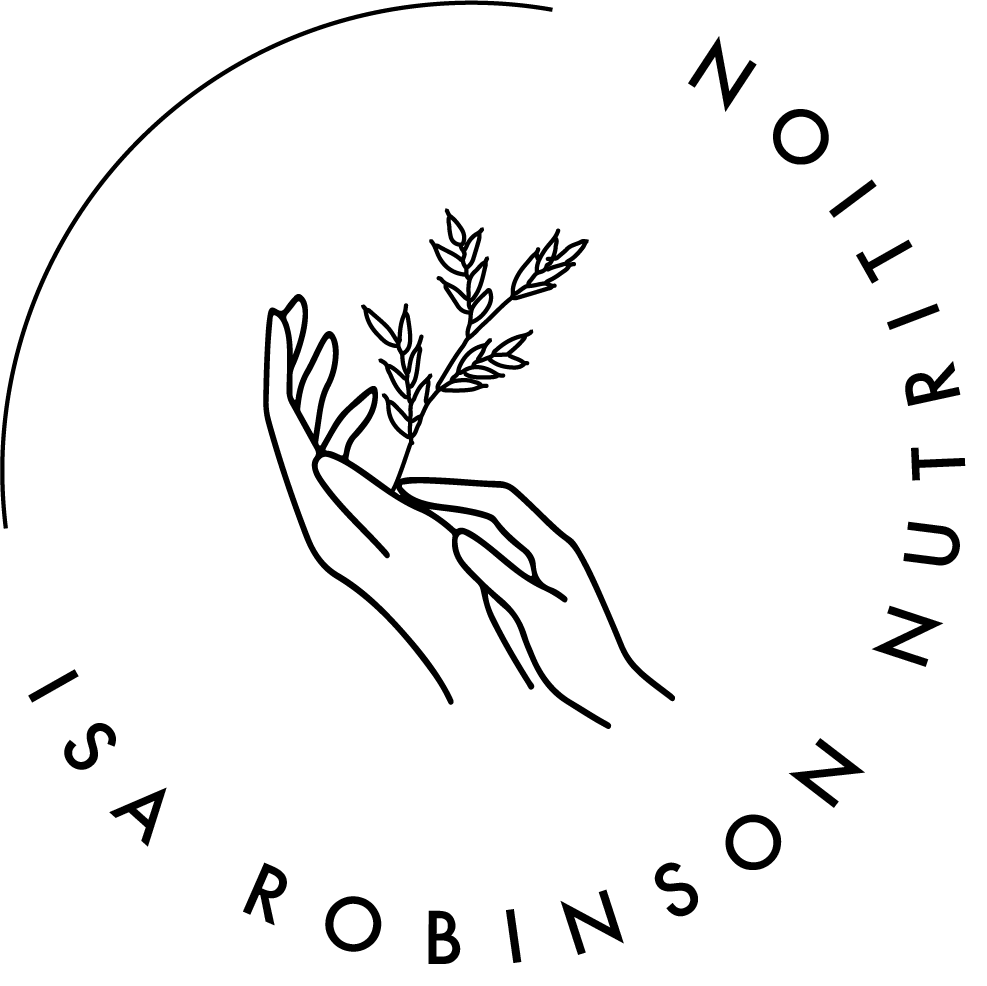I'm a Celeb as the Modern Day Minnesota Starvation Experiment
I am always fascinated by how much ‘I’m a Celeb’ contestants talk about hunger.
For anyone who doesn’t watch the show, the campmates banished to the jungle receive very few meals. The result is that food becomes the main topic of conversation and grown men get so desperate they will selfishly scoff treats that are meant to be shared with the group.
I find these behaviours interesting to observe, not least because starvation is a topic I’ve leant a great deal about during my nutrition Masters. Suboptimal food intake has numerous physical and psychological effects on the body and interestingly we can see some of these play out on this popular TV show.
What is the Minnesota Starvation Experiment?
The Minnesota starvation experiment was conducted by Ancel Keys between 1944 and 1945 with the aim of finding out how best to refeed those who had been starved during World War II. Male subject, who were conscientious objectors were semi starved and made to exercise for a period of 24 weeks.
Over the 24 weeks, the men lost 25% of their body weight, but at the same time their metabolism decreased and they became gaunt, weak, frail and terribly cold. They lost their motivation, their sex drive and would spend the days lying down due to lack of energy.
Most interesting perhaps, is the changes observed in their behaviour around food. It was reported the men became increasingly obsessed with food, dreaming and fantasising about it. They took an interest in recipe books and looking at pictures of food. Meal times became very ritualistic whereby the men would play with food and hold it in their mouths to make it last longer. They also took up drinking vast amounts of water to curb hunger, as well as smoking and chewing gum, until these were banned.
What happened after 24 weeks?
When food was introduced during the “recovery” stage of the experiment. The men couldn’t help but engage in extreme overeating. Moreover, even though their moods and physical health improved drastically, 3 months after the experiment had ended, the men agreed their relationship with food was not back to normal. Indeed most would binge to the point of sickness, eat in the night and obsess or experience severe anxiety around food.
Noteworthy, the participants “semi-starvation” diet that resulted in these extreme behaviours was 1500-1600 kcals per day. Whilst this is not nutritionally adequate, in the context of diet culture, it also doesn’t seem overly extreme. In fact, it might resemble any kind of fad diet you see in the media. This just goes to show the impacts of restriction on our food behaviours and the need to nourish ourselves properly.
Wait, I thought this was about ‘'I’m a celeb’?
I know I’m a celeb is only 3 weeks compared to the 24 endured by the subjects in the Minnesota starvation experiment, but we can definitely draw some comparisons. The campmates moaned of hunger, weight-loss, their energy levels declined and their relationship with food changed. Indeed I have never seen a group of adults so over-excited about a handful of salt and vinegar crisps!
And I can bet you one thing for sure. Those celebrities might have lost a couple of pounds, but I’m certain they may be feeling the after-effects of having their intake so severely limited. Just like a classic fad diet, given back the reins it is likely they will overeat and obsess about food, at least for the coming month or two, before their weights readjust and their metabolism returns to a normal.
So when the quote above appeared on my Instagram feed, I thought about just how misunderstood the science is. People aren’t aware of what happens during semi-starvation / a diet/restriction and deprivation. Our body’s don’t know the difference between a famine and a 3-week “detox” or “cleanse”, but they are intricately hardwired to combat starvation with the same response. Resting energy expenditure and heart rate slow, you feel tired, moody and irritable, and mostly, obsessing about food becomes the default which likely results in overeating when given the chance.
